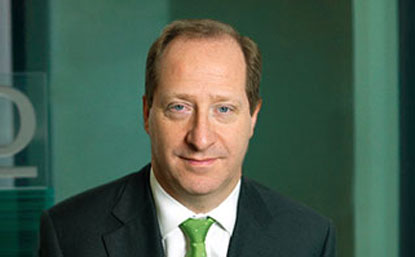The greatest risk in the process of closing the Audit Commission is that functions will ‘fall between gaps’, the proposed next chair of the spending watchdog has told MPs.
 Jeremy Newman, the government’s preferred candidate for the position, was appearing at a pre-appointment hearing before the communities and local government select committee.
Jeremy Newman, the government’s preferred candidate for the position, was appearing at a pre-appointment hearing before the communities and local government select committee.Newman admitted he had very little experience of the public sector, but said he had been attracted to the post because he wanted to enter the field after 30 years in private sector auditing.
The job pays £30,000 a year for six days work each month. Newman said he no longer had any financial interest in BDO, the firm where he was formerly managing partner and chief executive, or in any other audit firm.
Asked by Conservative MP James Morris what he considered the greatest risk to the orderly wind-down of the commission, Newman said it was ‘that things fall between gaps’.
He added: ‘Local authority audit is moving to major accounts firms and there may be gaps that other things fall between. For example, national fraud investigation work will need a new home.’
He said there was also a risk that staff would leave a doomed organisation, and said ‘we need to keep people motivated and ensure key people are retained by showing them the experience they can gain from it’.
Deals to outsource the in-house audit work of the commission from 2012/13 have already been agreed, and the draft Local Audit Bill, published in July, sets out plans to close the watchdog before April 2015. Once the five-year outsourced contracts end, the draft Bill proposes that councils will be free to appoint their own independent external auditors.
Questioned on whether auditors would be independent if they were appointed by the local authorities they audit, Newman said local government would be simply following practice elsewhere.
‘Independence is not a problem as the audit profession has processes for this,’ he said.
‘Corporates and charities appoint their own auditors and they remain independent. It works reasonably well. There are ethical governance rules to ensure auditors’ independence, and one is that no client can be so big that you could not resign its business.’
Conservative MP Bob Blackman, a former leader of the London Borough of Brent, questioned Newman’s lack of experience in local government.
Newman said: ‘There is very little difference in auditing [between the public and private sectors] though one is that concern about value for money is much more germane, while in the private sector that is up to boards.’




















